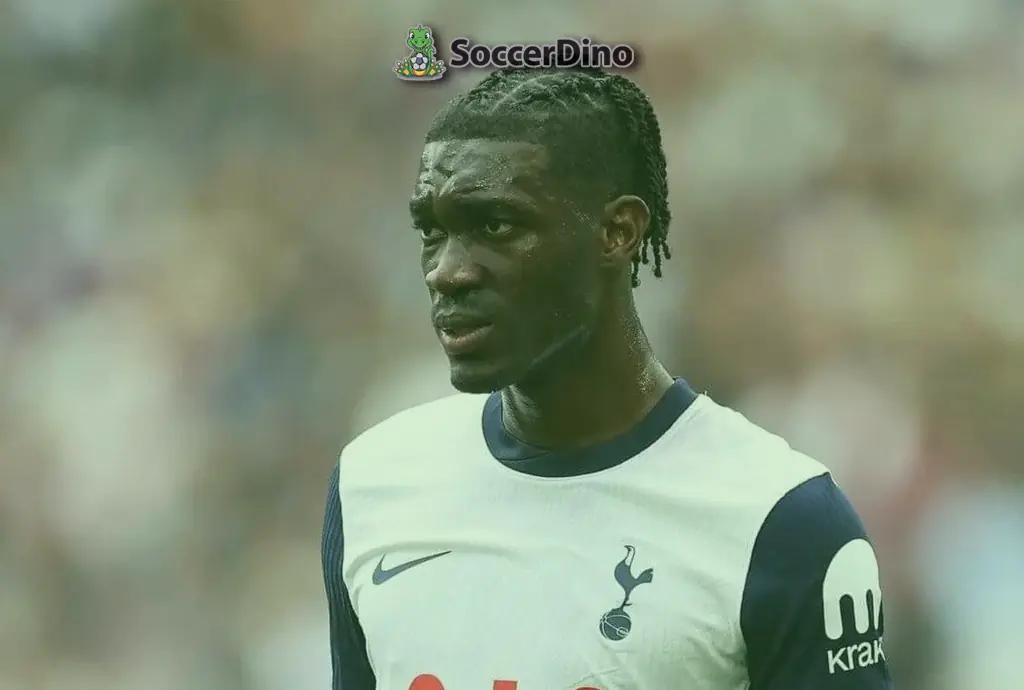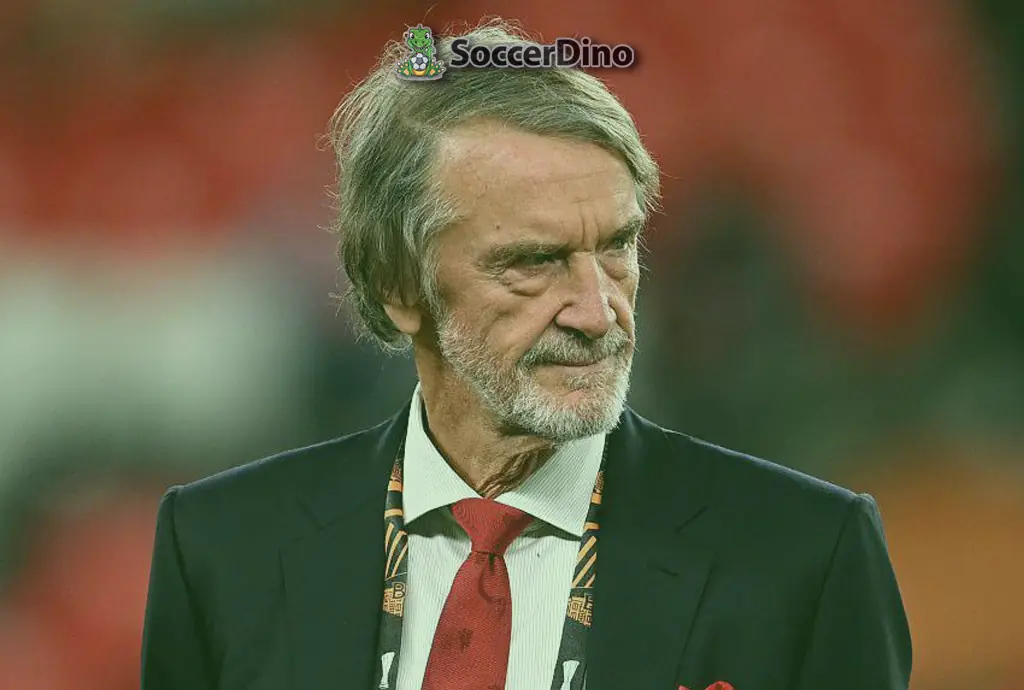Pepijn Lijnders doesn't want any sympathy for his team due to a lack of experience. On Tuesday, his Red Bull Salzburg suffered a painful defeat at home. Stade Brest was significantly stronger, winning 4-0.

Pepijn Lijnders, currently at the helm of Red Bull Salzburg, finds himself facing mounting pressure after two consecutive defeats in the Champions League group stage.
His frustrations were evident following the latest loss, a 4-0 drubbing at home by Stade Brest, a mid-table French side. Despite the crushing defeat, Lijnders was adamant that his team should not hide behind excuses, particularly the often-cited lack of experience in his young squad.
"I'm sick of people calling us young, that's no excuse," Lijnders vented in his post-match interview. "We have enough quality to win matches in the Champions League. I'm very happy with the group I have here." It was a defiant statement from the 41-year-old Dutchman, who has a deep conviction in the potential of his players. However, that potential has yet to translate into results, as Salzburg’s Champions League campaign has been derailed by back-to-back losses.
Despite his outward confidence in his squad, Lijnders did not shy away from personal accountability. "We're not going to look for excuses," he continued, taking responsibility for the defeat. His willingness to shoulder the blame speaks to his leadership style, one that seeks to protect his players from external criticism while maintaining high expectations within the squad.
The defeat, however, was not taken lightly by Salzburg's passionate fanbase. After the final whistle, a cacophony of boos echoed through the Red Bull Arena, reflecting the deep disappointment of the home crowd. Tensions had already been building during the match, with fans vocally calling for a change in goal. Specifically, they wanted to see Alexander Schlager, the Austrian international goalkeeper, replace Janis Blaswich, a former Heracles shot-stopper. Lijnders acknowledged the supporters' frustrations, but his response was measured. "In football, it's always like this: when the board, the team, and the fans are on the same page, something beautiful can happen," he said. "The most important thing for me is that we win together and lose together."
While Lijnders seeks unity within the club, the Austrian media has been far less forgiving. In the aftermath of the defeat, several outlets expressed serious doubts about Salzburg's readiness for Europe’s elite competition. "Salzburg not ready for the Champions League," read the blunt headline from Kurier, one of Austria’s leading newspapers. The article went on to highlight the glaring defensive weaknesses that have plagued the team, pointing out that losing 4-0 at home to a team like Stade Brest, ranked 13th in France’s Ligue 1, was inexcusable. The criticism stung even more given that Brest had not scored an away goal all season before their visit to Salzburg, making the result all the more painful for the home side.
Other outlets, such as Die Presse, were similarly critical but also called for immediate changes. "Two sobering defeats in the Champions League, calling for a change," the paper wrote, emphasizing that Salzburg’s current trajectory is unsustainable if they hope to progress to the knockout stages. Die Presse questioned how Salzburg could possibly accumulate the necessary eight points from their remaining group-stage fixtures, which include daunting matches against European heavyweights like Paris Saint-Germain, Real Madrid, and Atlético Madrid. According to AI-based predictions, eight points would be the minimum requirement for Salzburg to advance, a tall order given their current form.
The pressure on Lijnders is mounting, but this is not his first taste of managerial adversity. Salzburg is only his second stint as a head coach. His first managerial role came in 2018 when he took charge of Dutch side NEC, where he led the team for 22 matches. However, it is his long association with Liverpool that has largely defined his career. Over the course of eight and a half years, spread across two separate spells, Lijnders served as an assistant to Jürgen Klopp at Anfield. During this time, he played a key role in Liverpool’s resurgence, helping the club win the Premier League, Champions League, and several other major trophies.
Despite his success as an assistant, Lijnders is still seeking to establish himself as a top-tier head coach. His time at Salzburg represents an opportunity to prove his managerial credentials, but it is also proving to be a significant challenge. Salzburg’s status as one of Austria’s top clubs comes with high expectations, particularly in European competition, and Lijnders is tasked with guiding a relatively young and inexperienced squad through the rigors of the Champions League.
The road ahead will not be easy. Salzburg’s remaining group stage opponents include some of Europe’s most formidable clubs, and the team will need to show significant improvement to have any chance of advancing. Defensive solidity will be key, as will a more clinical edge in attack. Lijnders’ belief in his squad remains unwavering, but the results must start to reflect that confidence if Salzburg is to avoid an early exit from the competition.
As the team prepares for its next fixture, the atmosphere around the club is tense. The fans are growing impatient, the media is questioning Lijnders' tactics and approach, and the players are feeling the pressure of performing on the biggest stage. Yet, Lijnders remains focused on the task at hand. His insistence on collective responsibility "we win together and lose together" could be the key to fostering the kind of resilience needed to turn their season around. However, if results do not improve quickly, Lijnders may find himself facing even more scrutiny, not only from the media but also from the club’s hierarchy.
For now, Lijnders continues to work tirelessly to implement his philosophy at Salzburg, hoping that his belief in the squad will soon bear fruit. But in the unforgiving world of top-tier football, time is often a luxury that managers do not have.







